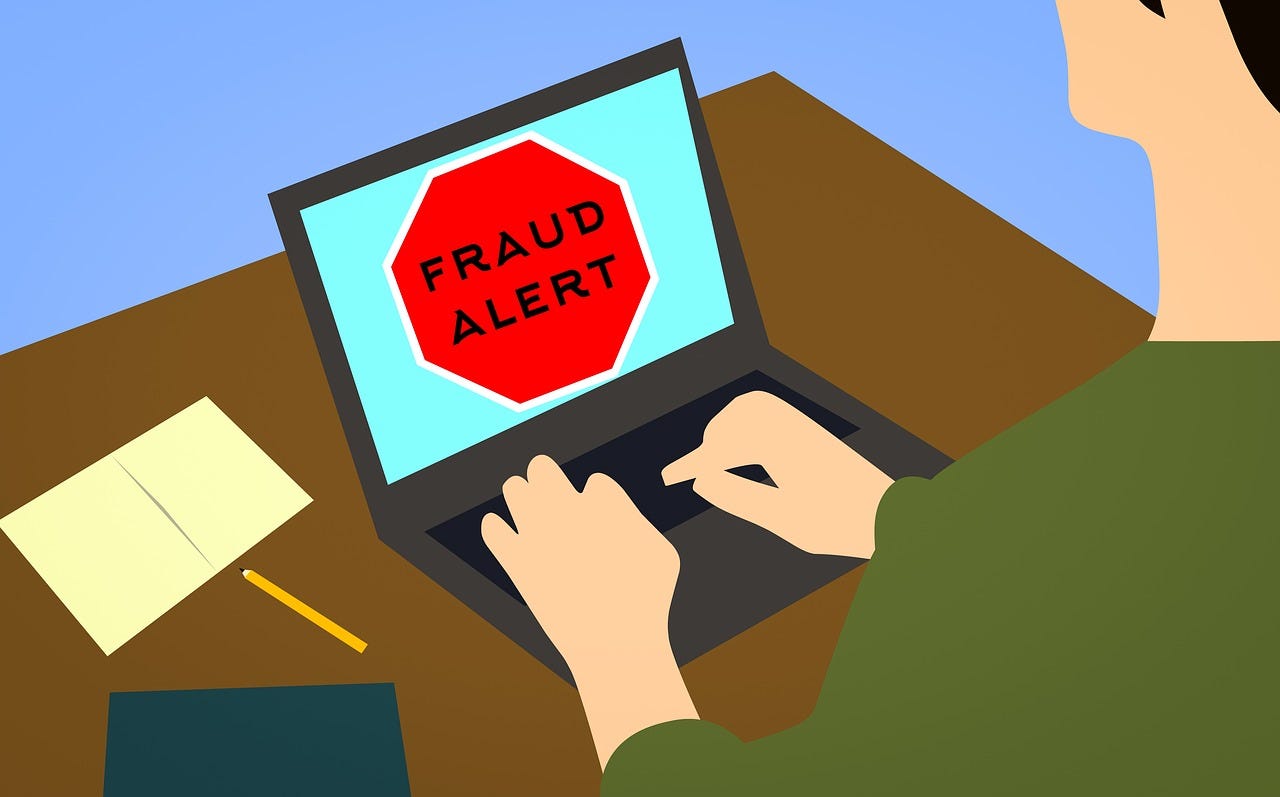It is no surprise that affiliate fraud is among the most feared vices when it comes to affiliate marketing. It is an unethical activity not just in affiliate marketing but also in other fields.
The issue of fraud is among the challenges in online marketing that are hard to deal with. It is, therefore, important to learn how to identify it and find ways to eliminate it as soon as possible.
As businesses continue to grow so are the ways and schemes related to fraud. And because there are numerous ways through which this crime is committed, it makes sense to address the various threats and how they begin.

This post will not just include the various affiliate fraud but also how fraud impacts on the entire mobile ecosystem.
Let’s get started:
Understanding Affiliate Fraud
Generally, affiliate fraud is seen as non-adherence to the rules. Fraud is not just about how you handle your traffic, but also the strategies you use to draw your traffic, your creativeness, and also the documents you use on your affiliate network platform.
In short, it refers to any activity that does not adhere to the rules or any non-compliant activity aimed at cheating users, buyers, or businesses.
A person can be labeled a fraudster due to a bunch of stuff. Just like we’ve mentioned earlier, various activities can be considered as fraud.

What Can Be Deemed to be Fraud?
Here are some things that can be classified as fraud:
1. Fake Leads
Fake leads are among the most popular fraudulent activities. Ideally, we’re talking about affiliates designed software that mimics human behavior to generate illegitimate conversion on offers.
2. Proxy Sale
The proxy sale is another common way fraudsters use to mislead their affiliate network and is related to fake leads.

In this case, the affiliate uses a VPN to send traffic from a location that offers a better price for their conversions. Note that the affiliate is not in any way promoting the link but is trying to make the people responsible think that they’re having real conversions by hoodwinking the affiliate network.
The reason for doing this is so they can receive the payment from those better-paying companies.
Fortunately, affiliate networks have derived ways to identify and block these trickers from accessing these offers.
Those who are still thinking that they can make a fortune through this habit should think again. We’re in 2020 and the click fraud detection service has improved drastically. This service will help block invalid IPs and exclude illegitimate clicks. This will not just improve your campaigns but also increase your chances of acquiring more customers.
3. Making Non-Incentivized Offer Appear Like Incentivized Offer
It is a crime to use a non-incentivized offer that appears as an incentivized offer. Forcing users to make a specific action on an offer page is not ethical either.
It is not right for affiliates to make people perform the action they don’t want. Ideally, you can’ force someone to buy an orange if they want a mango instead.
4. Using Incorrect Incentives to Promote Offers
Most often, the use of incorrect creatives to promote offers is not deemed as fraud. But don’t be mistaken, different operators, countries, and regulators have a different set of rules.
You should, therefore, not use misleading banners when promoting your offers, neither should you use non-compliant banners when seeking to attract more users.
Be sure to follow all the set guidelines and you’ll have no problem. Do the opposite and you’ll be excommunicated.
Impacts of Fraud on Businesses
Now that we’ve looked into the most popular types of fraud, now let’s look at how these activities can affect your business. What happens when an affiliate decides to trick the system but fails?

There’s both a direct and an indirect consequence for those who commit the fraud. A direct consequence will lead to the fraudster being blocked on the affiliate network. An indirect impact is that they will be blacklisted in the industry.
And since affiliate relies mostly on the community, being blacklisted will have far-reaching effects on your campaigns. What’s more, a bad reputation can make you rejected all over the world because affiliate networks share information about their affiliates.
Also, all law-compliance affiliates regard fraud as a bad practice.
Most people on the planet depend on this business as the sole source of income. These people can only generate income when everything is working smoothly in the right manner. And since business is all about data, users depend on this data when making decisions and when optimizing.












Leave a Reply